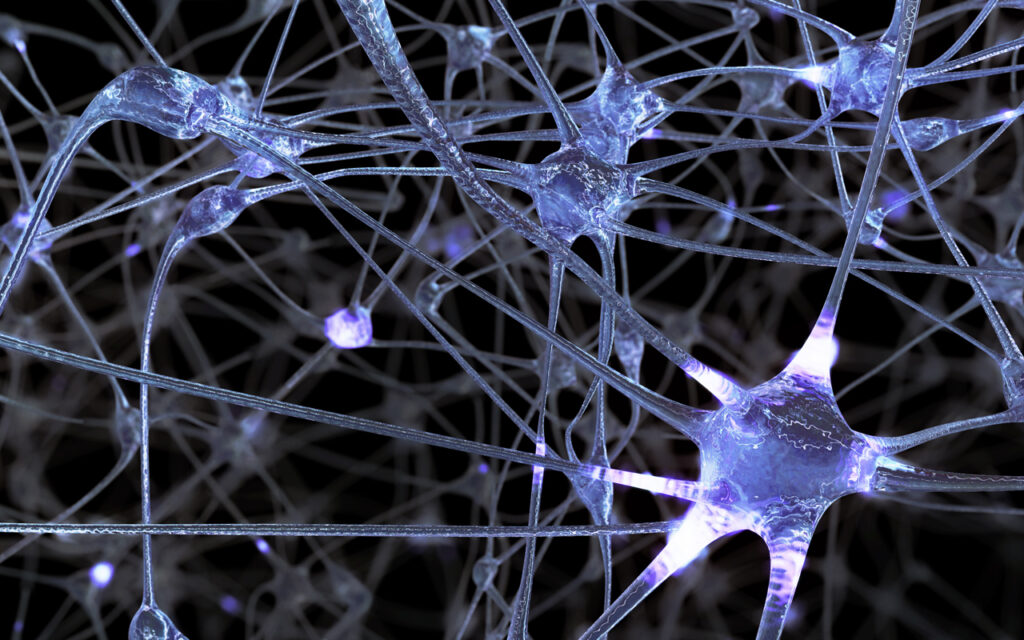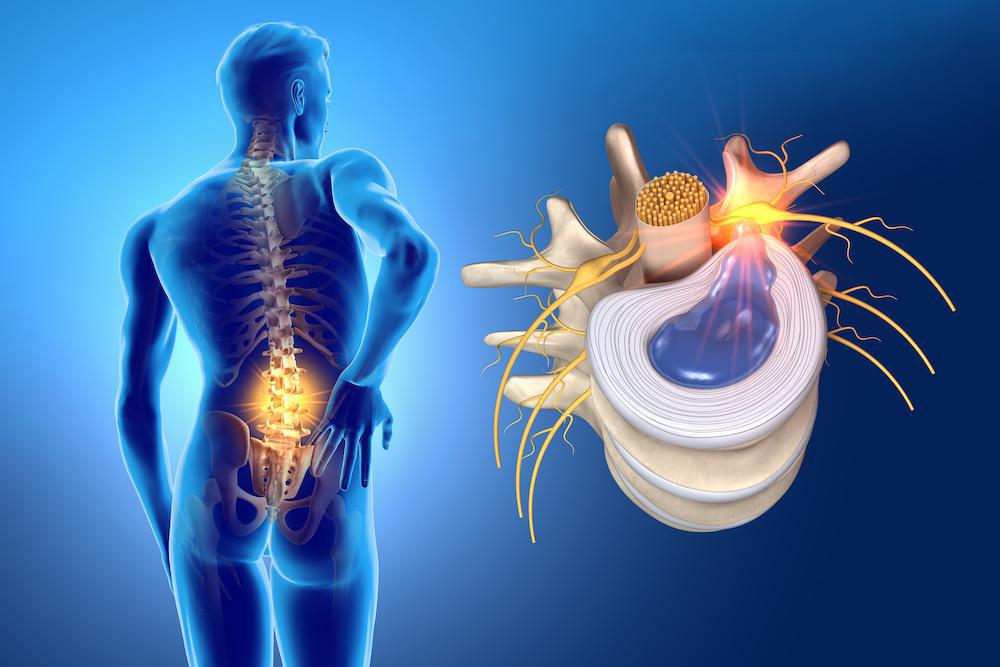Nerve pain, also known as neuralgia or neuropathic pain, is caused by a health condition that affects the nerves that carry sensation from the body to the brain. There is a particular type of pain that feels different from others.
Pain in the nerves: what are the symptoms?
It is common for nerve pain to feel like a shooting, stabbing, or burning sensation. It can sometimes be as sharp and sudden as an electric shock. A person who suffers from neuropathic pain is often very sensitive to touch or cold and can experience pain from stimuli that are normally not painful, such as brushing their teeth. It’s usually worse at night. Depending on the severity, it may be mild or severe. It is common for people with nerve pain to experience problems with sleep, sex, work and exercise. Nerve pain can lead to anger, frustration, anxiety, and depression in some people.
Nerve pain: what causes it?
The central nervous system (brain and spinal cord) or the nerves that run from there to muscles and organs may be responsible for nerve pain. A disease or injury usually causes it. Among the most common causes are:
- Injuries to the brain, spine, or nerves
- Nerves with poor blood supply
- Drinking excessively
- Amputation-induced phantom pain
Nerve pain can be caused by the following conditions:
- HIV/AIDS and shingles are among the most common infections
- MS (multiple sclerosis)
- Diabetic diseases
- Bruise
- Radiation, surgery, or chemotherapy for cancer
- Carpal tunnel syndrome is caused by trapped nerves
Nerve pain is associated with other conditions as well. Sciatica is caused by pressure on the nerves in the lower back, causing leg pain. There may be numbness, pins and needles, or weakness in the leg along with the pain. Fibromyalgia is a chronic pain syndrome characterised by burning or aching pain throughout the body. There is no clear cause of this disorder, but emotional distress and poor sleep can trigger it. Genetic factors may also play a role. The peripheral nerves that connect the brain and spinal cord to the rest of the body are damaged in peripheral neuropathy. Diabetes, autoimmune diseases, and other conditions can cause it.
What is the diagnosis of Nerve Pain ?
A Neurologist will conduct a Nerve Conduction/EMG Test in order to diagnose the nerve pain you are experiencing. During the examination, they will probably test your nerves by testing your muscles, checking your reflexes, and feeling how sensitive your skin is. The neurologist my/will;
- Checking your general health and looking for underlying conditions with blood tests
- A nerve conduction study measures how fast electrical signals are transmitted through your nerves
- Check for any nerve compression with a CT scan or MRI
What are the treatments for Nerve Pain ?
Nerve pain treatments can be done in a variety of ways. The pain specialist will treat the underlying cause, if one exists. Medications and non-drug treatments such as exercise and relaxation techniques can help ease pain. It can be difficult to treat nerve pain. Managing underlying conditions such as diabetes and vitamin B12 deficiency is possible. Other treatments aim to alleviate the pain directly. Medications and non-medicine strategies are available.
Nerve pain medicines
Painkillers like paracetamol, or non-steroidal anti-inflammatory drugs (NSAIDs) can control some nerve pain. In some cases, stronger painkillers like opioids are used, but these have serious side effects and can be addictive, especially in the long term. There are many other medicines that can be used to treat nerve pain. Among them are medicines that were used to treat depression (such as amitriptyline and duloxetine) and seizures (such as gabapentin, pregabalin, and carbamazepine).
Treatments that do not involve medicine
A variety of non-medicine treatments can help people cope with pain and understand it. Among them are:
- Counseling and education
- Physiotherapy
- Hydrotherapy
- Intuitive therapy
- Transcutaneous electrical nerve stimulation (TENS) blocks the transmission of pain sensations to the brain
- Spinal Cord Stimulators
In multidisciplinary pain clinics, such as Painmed, Dr Ramanchandran can develop a personalised pain management plan for people with chronic pain. To attend a pain clinic, you will need a referral from your doctor. The Pain Australia website has a list of pain services.
Questions & Answers Nerve pain can be relieved by walking? Nerve damage in the feet and lower legs can cause pain and other symptoms of neuropathy. The benefits of walking and other light aerobic exercises for people with neuropathy, which involves peripheral nerve damage and disease, are numerous.
How serious is nerve damage?
Nerve injuries can affect the brain’s ability to communicate with muscles and organs.The peripheral nerves are damaged in peripheral neuropathy. A peripheral nerve injury should be treated as soon as possible. Complications and permanent damage can be prevented with early diagnosis and treatment
What is the healing time for nerve pain?
It depends on how seriously you were injured and the type of injury you sustained as to how long it will take for your nerve to regenerate. If your nerve is bruised or traumatised but not cut, it should heal within 6-12 weeks..
Is it possible to cure nerve damage?
There are many instances in which nerve damage cannot be completely cured. However, there are several treatments that can reduce your symptoms. Symptoms of nerve damage are often progressive, so consult a doctor as soon as you notice them .


